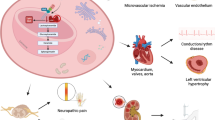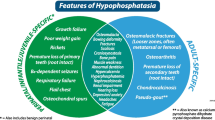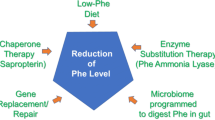Abstract.
A 60-year-old Japanese man was diagnosed as having hypouricemia at an annual health check-up. The routine laboratory data was not remarkable except that the patient's hypouricemia and plasma levels of xanthine and hypoxanthine were much higher than those of normal subjects. Furthermore, the patient's daily urinary excretion of xanthine and hypoxanthine was markedly increased compared with reference values. The xanthine dehyrogenase activity of the duodenal mucosa was below the limits of detection. Nevertheless, allopurinol was metabolized to oxypurinol in vivo. Based on these findings, a subtype of classical xanthinuria (type I) was diagnosed. The xanthine dehyrogenase protein was detected by Western blotting analysis. Sequencing of the cDNA of the xanthine dehyrogenase obtained from the duodenal mucosa revealed that a point mutation of C to T had occurred in nucleotide 445. This changed codon 149 from CGC (Arg) to TGC (Cys), a finding that has not been previously reported in patients with classical xanthinuria type I.
Similar content being viewed by others
Author information
Authors and Affiliations
Additional information
Electronic Publication
Rights and permissions
About this article
Cite this article
Sakamoto, N., Yamamoto, T., Moriwaki, Y. et al. Identification of a new point mutation in the human xanthine dehydrogenase gene responsible for a case of classical type I xanthinuria. Hum Genet 108, 279–283 (2001). https://doi.org/10.1007/s004390100477
Received:
Accepted:
Issue Date:
DOI: https://doi.org/10.1007/s004390100477




